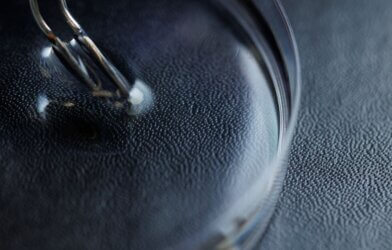Natural disasters can spark or potentially worsen acute migraine headaches, according to scientists at Hiroshima University in Japan. Researchers advise that there is a need to better understand how disaster-related diseases escalate with the global increase in the frequency and intensity of natural catastrophes.
The researchers analyzed Japan’s National Database of Health Insurance Claims from one year before to one year after the 2018 floods in Japan. There was an increase in prescriptions for acute migraine headache among victims in the hardest hit southwestern regions. The association asserts that a natural catastrophe triggers more frequent, more severe, acute episodes of migraine, a vascular-associated neurological disorder.
Natural disasters have some negative impacts on the mental health of affected people, such as post traumatic stress disorder, depression, and sleep disturbances. These disaster-related disorders of mental health often trigger physical disorders, such as cardiovascular and gastrointestinal diseases.
According to Masatoshi Matsumoto, a professor at Hiroshima University’s Graduate School of Biomedical and Health Sciences, this is the first study to demonstrate a causal link between natural disasters and migraine headaches.
The researchers conducted a retrospective longitudinal cohort study, in which prescriptions for two medications for acute migraine — triptan and ergotamine — were tallied. The data were obtained from the National Database of Health Insurance Claims. The subjects, aged 15 to 64, lived in the hardest-hit areas a year before and after the floods.
Among subjects with pre-existing acute migraine episodes, the researchers found that after the disaster many had been prescribed double or more their usual number of tablets per month.
“The 2018 Japan floods, the second largest disaster of this century in Japan, increased the number of prescriptions for acute migraine medications among victims. The study suggests that a natural disaster caused or exacerbated acute migraine attacks among victims,” Matsumoto says in a statement. “A natural disaster is a risk factor for acute migraine attacks.”
“Physicians should educate patients with migraine about how to handle migraine attacks during a natural disaster,” he advised.
The researchers write that further prospective studies should be performed to confirm their results. Their paper is published in the journal Headache.
Comment from Dr. Faith Coleman:
Dear Readers: I just spent more time than I should looking for inspirational or compassionate quotes about natural disasters – something that would say, “there is hope, and life, after Ian.” There is a plethora of quotes, but all so trivializing as to be cruel. Hungry, cold, wet, heart-broken, terrified people can’t hear pithy quotes over the growling of their stomachs and the sobbing of their souls. So, brave survivors, proceeds from this article and others will reach you through the Red Cross. I know from the inside that they operate with integrity and exacting accountability, as they should. I encourage all to give. It’s good medicine for the heart.
“No one cares how much you know, until they know how much you care.” John C. Maxwell












